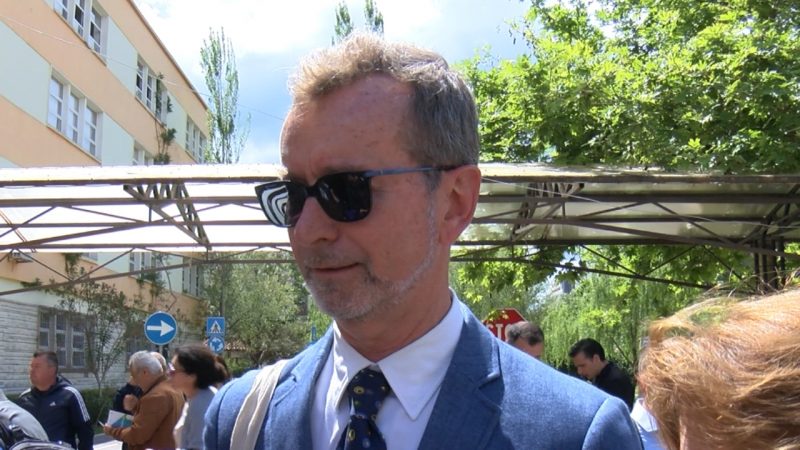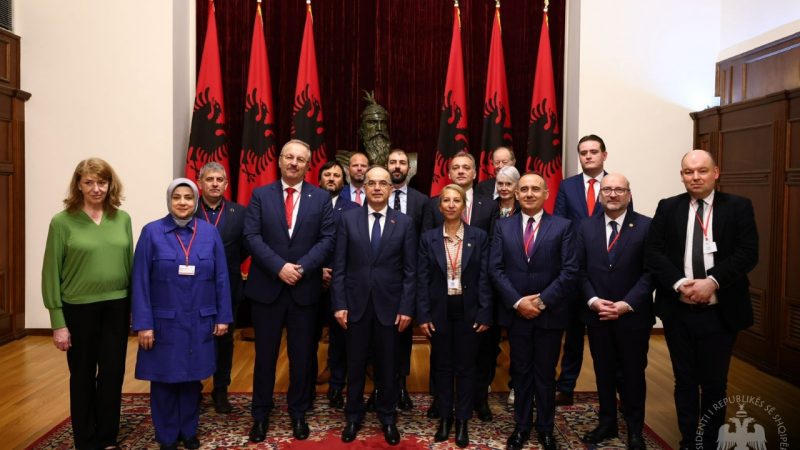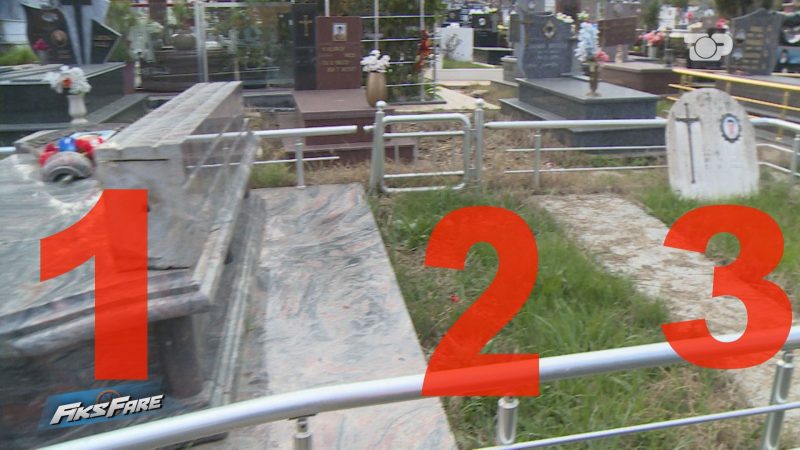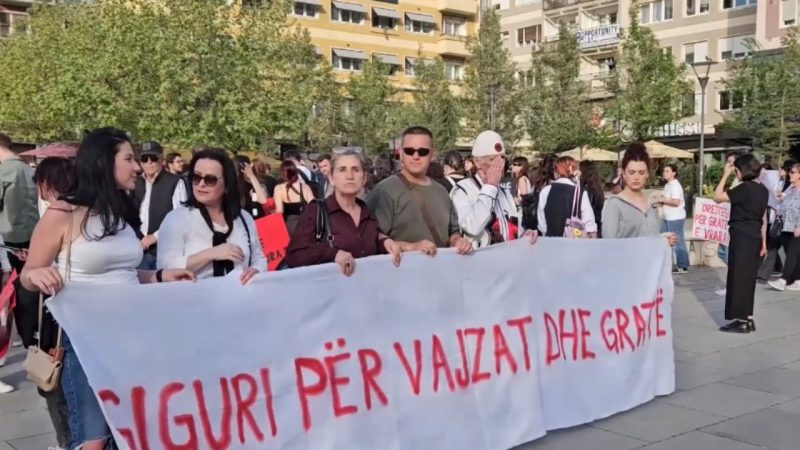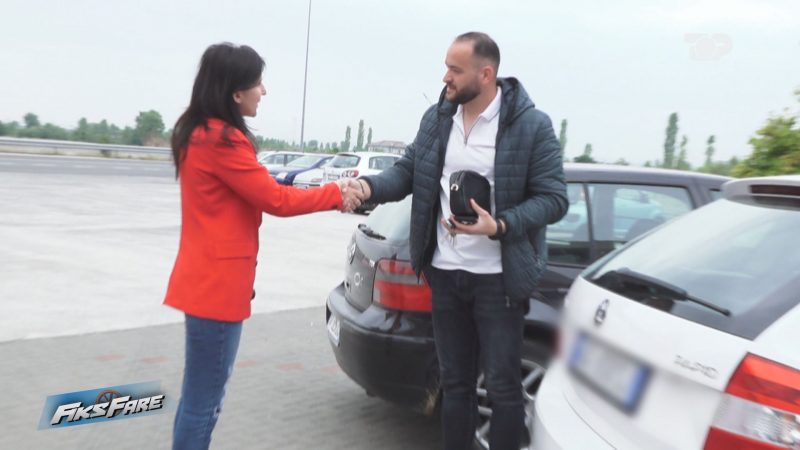 State nurse is paid without going to work, instead sells drugs from the pharmaceutical warehouse with the support of the director in Bushat
State nurse is paid without going to work, instead sells drugs from the pharmaceutical warehouse with the support of the director in Bushat
22/05/2019 17:18

OP-ED BY THE HEAD OF THE OSCE PRESENCE IN ALBANIA, AMBASSADOR BERND BORCHARDT
This week Albania hosts its third OSCE Presence ‘Youth Trail’, an annual gathering of young people from around this region, supported by the Government of Slovakia as the current OSCE Chairmanship. Together they will explore each other’s cultures and ideas, and discuss the priorities that confront their generation. As always, we will give them a warm and encouraging welcome. But in fact I can tell them little. They know today’s concerns and challenges better than I and my generation do. They have the creativity and the stamina that we do not.
As students in Germany in the mid-1970s, we protested for our rights: like Albania’s students, we wanted to have our rightful influence in university affairs, and more state funding for crowded faculties and for students from poorer families. I remember very well how political party-driven groups tried to hijack protests for their wider interests. (I hope there are still some readers who remember the 1970s with me!) It was a decade of protest and radicalism: of significant advances in the recognition of women’s rights, of progress in the representation of students at university, of progressive liberalization of very conservative – sometimes authoritarian – societies. Young people were at the heart of all of these movements.
Young people are naturally the engine for idealism and progress in society. Young people are more energetic and less cynical; they have bigger dreams and less patience. Throughout history, young people have been prominent in all of the popular movements that have challenged rotten political systems and secured advances in human rights.
In Albania, we have seen the dynamism and impact of young people’s commitment and ideals. Young Albanians drove the campaign against the import of waste; young people applied their energy and their creativity to protest against hydro-projects in the country’s beautiful protected regions; at the end of last year, young people attracted widespread respect for their sustained and truly national campaign about educational standards and conditions.
This was idealism combined with determination, radicalism combined with respectability. There is a stark difference between a sustained campaign of peaceful protest, active and sincere and genuinely popular, and a relatively small number of people attacking police with Molotov cocktails and doing damage to public and private property.
Engaged young people are one powerful element of a civil society that should have a unique and vital role in monitoring and improving the health of democracy in Albania. Democracy is better if government is constantly scrutinized and challenged by a full team of legitimate players: civil society organizations and activists; a truly free and dynamic media; independent institutions; parliamentary committees. This is why the OSCE has projects to encourage and facilitate the participation of young people, women and marginalized groups in political debate and in elections. This is why we support the work of the independent institutions – the People’s Advocates and the various Commissioners – and why we advocate for greater parliamentary attention to their reports. This is why we continue to work with MPs of all parties to strengthen the oversight function of the parliamentary committees. This is why the OSCE takes up the cases of individual journalists who are threatened, and why we have a long-term project with EU support to strengthen the independence and quality of RTSH.
We continue to say to those inside and outside parliament – and we reinforce it with our practical work here – that the Government needs more serious and more effective democratic opposition. The Government needs to be challenged and criticized; it needs to be pushed into the reforms that Albanians aspire to.
It is a cliché to say that young people are the future, that the future belongs to them. It is true, but only if young people are prepared to capture that future for themselves, from the older generation, and shape it according to their needs. Albania’s future depends on the most energetic parts of civil society, and all of the other elements of democratic oversight in the media and the independent institutions and elsewhere, seizing their responsibility with the greatest determination and fulfilling it with a sincere commitment to fundamental change.
Top Channel
 State nurse is paid without going to work, instead sells drugs from the pharmaceutical warehouse with the support of the director in Bushat
State nurse is paid without going to work, instead sells drugs from the pharmaceutical warehouse with the support of the director in Bushat 18/04 21:24



